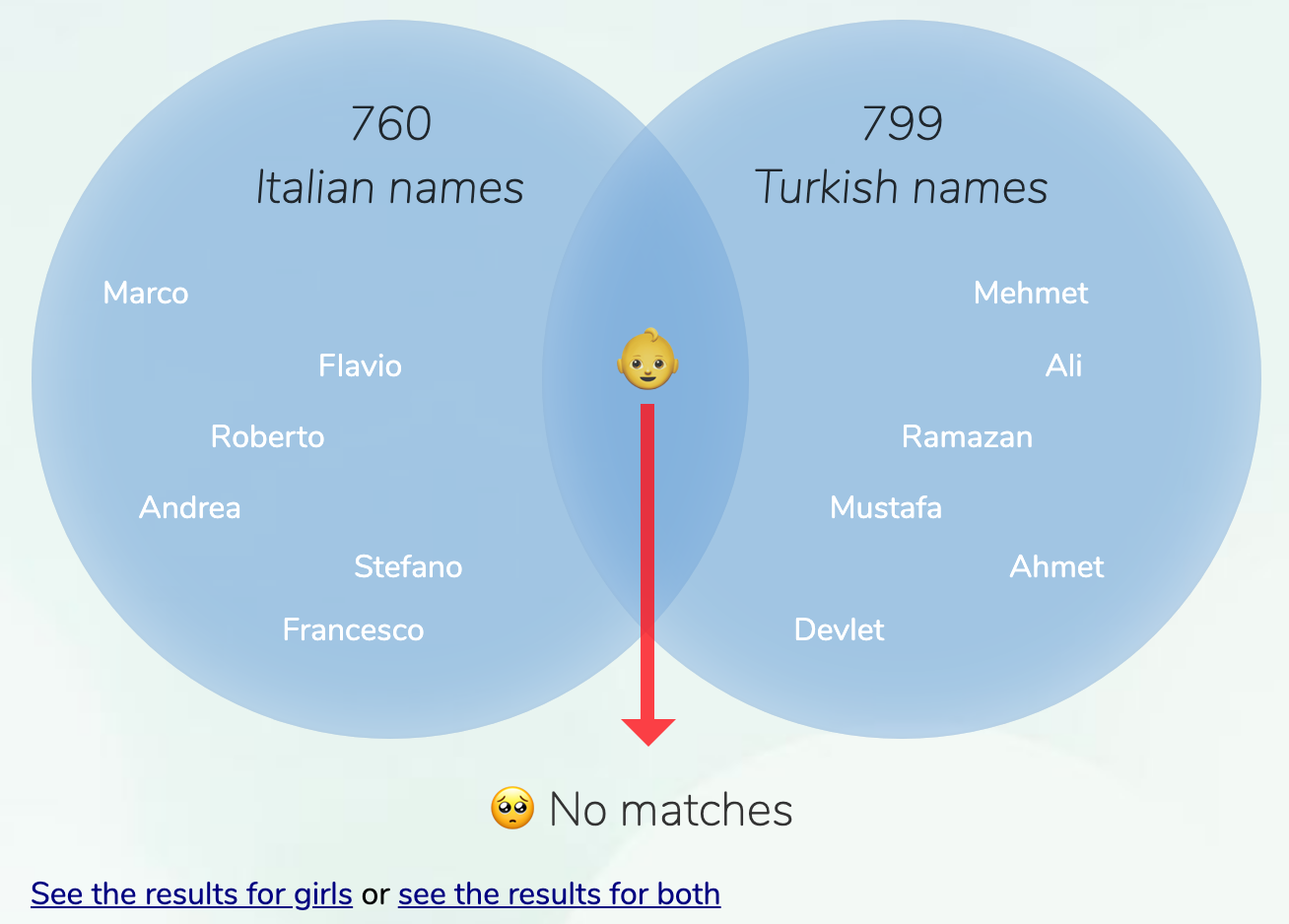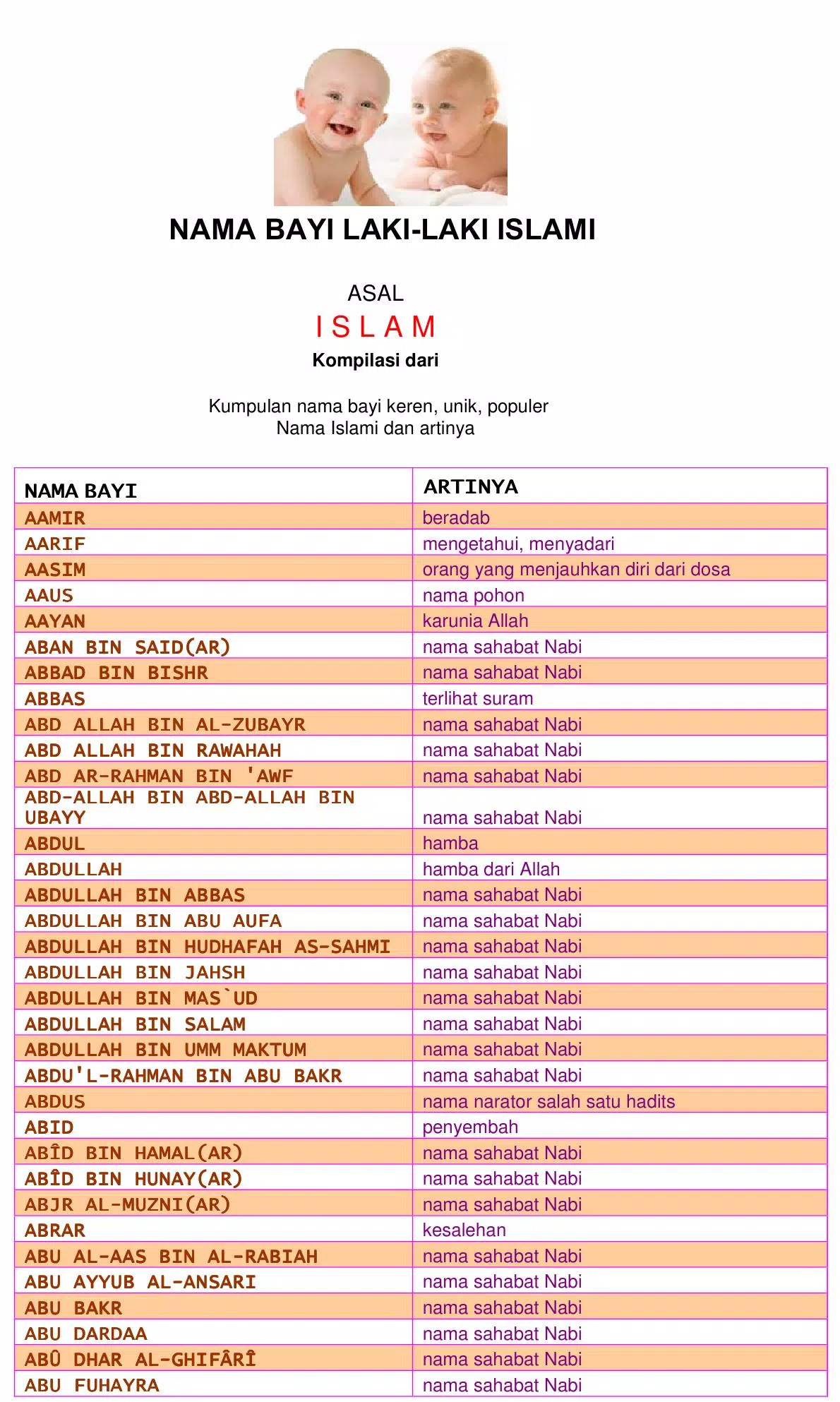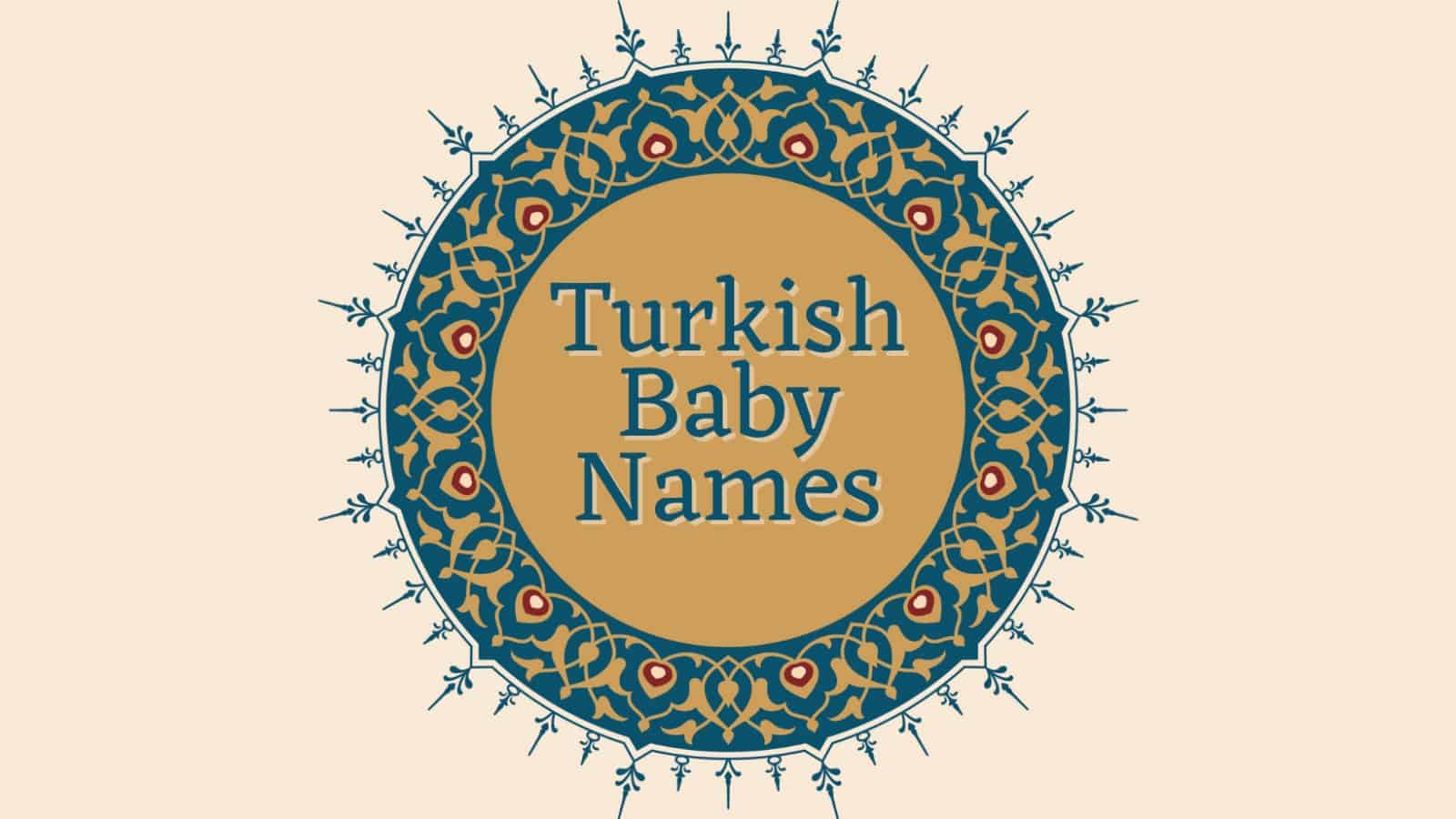Table of Contents
- What Makes Turkish Masculine Names Special?
- How Do Turkish Masculine Names Reflect History?
- Exploring the Meanings Behind Turkish Masculine Names
- Are There Regional Differences in Turkish Masculine Names?
- Turkish Masculine Names and Their Global Appeal
- What About Learning Turkish and Turkish Masculine Names?
- Finding Inspiration in Turkish Masculine Names
- How Can You Discover More Turkish Masculine Names?
When you think about the vast cultural landscape of Turkey, a place that brings together continents and holds a history spanning thousands of years, it's pretty natural to wonder about the names people carry there. These names, especially those given to boys and men, often hold stories, traditions, and a sense of identity that runs deep. They are, in a way, like a key to understanding a little more about the place and its people, connecting individuals to a heritage that is truly something to behold.
It's interesting to consider how a name can tell you a bit about where someone comes from, or what hopes their family might have had for them. Just like the diverse and rich flavors you find in Anatolian cooking, or the way the Turkish language itself has grown over centuries, names have their own journey. They carry sounds and meanings that are quite distinct, offering a glimpse into the heart of a culture that has given so much to the world, in some respects.
So, whether you're just curious, looking for a name with a particular feel, or simply trying to connect with the heritage of a place that unites so many different parts of the globe, looking into Turkish masculine names can be a rather rewarding experience. It's a chance to see how language, history, and a sense of belonging all come together in something as personal as a name, you know.
What Makes Turkish Masculine Names Special?
Turkish masculine names, honestly, carry a certain kind of resonance that sets them apart. They often have roots in ancient Turkic traditions, or perhaps draw from the rich tapestry of Islamic history, and even sometimes from the long-standing influence of the Ottoman era. This mix gives them a unique character, a blend of strength, poetry, and a connection to the natural world. For instance, many names might bring to mind things like courage, leadership, or elements of nature, like mountains or rivers. It's truly a reflection of a people who have lived close to the land and valued certain qualities in their community members, and stuff.
The sounds of Turkish masculine names also play a role in their distinctiveness. The Turkish language, a major member of the Turkic language family, has a phonetic quality that makes many of its words and names flow in a particular way. This means that when you hear a Turkish name, it often has a musicality or a certain rhythm to it that is quite pleasing to the ear. This is something you really pick up on if you spend any time listening to the language, or perhaps even trying to learn a little bit of Turkish vocabulary. It's not just about the meaning, but also how the name feels when it's spoken, which is that pretty important, sometimes.
Moreover, the cultural significance tied to these names is very deep. A name is not just a label; it often carries a family's hopes, a connection to an ancestor, or a wish for the child's future. It's a way of passing down values and a sense of heritage from one generation to the next. So, when someone chooses a Turkish masculine name, they're often choosing something that holds a lot of personal and collective meaning, a sort of quiet statement about who they are and where they come from, you know.
How Do Turkish Masculine Names Reflect History?
The history of Turkish masculine names is, in a way, a living record of the region's past. You can see echoes of the Seljuk period, the vast reach of the Ottoman Empire, and the establishment of the modern Turkish Republic within the names that are common today. For example, some names might be very old, drawing from pre-Islamic Turkic origins, while others might have become popular during the Ottoman times, reflecting the diverse influences and connections of that era. It's like looking at layers of time, each one leaving its mark on the naming traditions. This means that a single name could, arguably, carry centuries of stories within its sound and meaning, which is pretty cool.
Consider how the Turkish language itself is a descendant of Ottoman Turkish. This linguistic lineage means that many older names have maintained their form and meaning over time, providing a direct link to historical figures or significant events. When you hear a name that has been around for hundreds of years, it's almost like you're touching a piece of history. It shows how language and culture are intertwined, with names acting as little time capsules that preserve elements of the past. It's honestly quite fascinating how something so personal can also be a historical artifact, in some respects.
Furthermore, the spread of Turkish culture, perhaps through things like trade routes or even the global reach of an airline that connects many countries, has meant that some Turkish masculine names have become recognized or even adopted in different parts of the world. This global presence, more or less, speaks to the enduring appeal and historical impact of Turkish civilization. It's a subtle reminder that cultural exchange has always been a part of human experience, and names are just one small but important part of that ongoing conversation across borders and across time, you know.
Exploring the Meanings Behind Turkish Masculine Names
When you start to look at the meanings behind Turkish masculine names, you really begin to appreciate the thought and tradition that goes into them. Many names are rooted in concepts like bravery, strength, and leadership, reflecting qualities that have been highly valued in Turkish society for a very long time. For instance, you might find names that mean "hero," "victor," or "strong one," which sort of tells you a lot about the aspirations families have for their children. It's a way of instilling certain virtues from the very beginning, you see.
Other names draw inspiration from the natural world, connecting individuals to the beauty and power of their surroundings. You could find names related to mountains, rivers, the sky, or even specific types of trees or animals. This connection to nature is something you often see in cultures with deep historical ties to the land, like those in the Anatolian region. It’s a way of grounding a person in their environment and reminding them of the world around them, which is that pretty special, I think.
Then there are names that reflect spiritual or religious beliefs, drawing from Islamic traditions or older Turkic spiritual concepts. These names carry a sense of reverence and often signify a person's connection to a higher purpose or a divine quality. It's a really rich blend of influences that makes the pool of Turkish masculine names so diverse and interesting. You can, for example, pick up a book on Turkish names and find a whole world of meanings just waiting to be discovered, which is pretty cool, honestly.
Are There Regional Differences in Turkish Masculine Names?
Just like how the culinary traditions vary across Turkey, with different regions offering their own unique take on dishes, there are, in fact, some subtle regional differences when it comes to Turkish masculine names. While many names are widely recognized and used throughout the country, you might find certain names are a bit more prevalent in particular areas. This could be due to local history, the influence of neighboring cultures, or even specific dialects of the Turkish language that have shaped naming preferences over time. It's like a subtle flavor variation, you know, still Turkish but with a local twist, basically.
For instance, names common in the eastern parts of Turkey might have stronger ties to ancient Turkic or Kurdish influences, reflecting the diverse populations and historical interactions in those areas. On the other hand, names in the western regions, closer to Europe, might show a slightly different set of common choices, perhaps influenced by centuries of exchange with the Mediterranean world. These differences aren't always stark, but they do add another layer of depth to the study of Turkish masculine names. It’s a bit like how you might find specific types of seafood dishes more common along the coast, whereas kebabs are enjoyed pretty much everywhere, but with local variations, you know.
This regional variation also speaks to the idea that culture is not a single, unchanging thing, but rather something that breathes and shifts with local conditions and historical currents. So, while a name like Mehmet might be popular everywhere, you might notice other names that are very much tied to a specific community or geographical spot. It just goes to show that even in something as seemingly universal as a name, there's a whole lot of local character to discover, which is that quite interesting, I think.
Turkish Masculine Names and Their Global Appeal
The reach of Turkish culture, honestly, extends far beyond its borders, much like an airline that connects more than 120 countries, bringing people together from different corners of the globe. This global presence means that Turkish masculine names are not just heard within Turkey; they resonate in various communities around the world. People of Turkish heritage living abroad, for example, often choose these names to maintain a strong connection to their roots and cultural identity. It's a way of carrying a piece of home with them, no matter where they are, which is pretty meaningful, in some respects.
Beyond the diaspora, there's also a growing appreciation for Turkish culture, whether it's through its delicious cuisine, its rich history, or its captivating language. As more people become familiar with Turkey, perhaps through travel experiences or by enjoying its cultural exports, they naturally become more aware of its naming traditions. This increased exposure means that Turkish masculine names are gaining a broader recognition, sometimes even appealing to parents from non-Turkish backgrounds who are looking for a name that is distinctive, carries a nice meaning, or simply sounds pleasant. It's a bit like how Turkish food, like those savory kebabs or fresh Mediterranean dishes, has found fans all over the world, you know.
This widespread appeal is also helped by the fact that many Turkish names have sounds that are relatively easy for speakers of other languages to pronounce, or they might have meanings that are universally understood and appreciated, like "brave" or "strong." This makes them accessible and appealing to a wider audience. So, while they are deeply rooted in Turkish heritage, many Turkish masculine names have a kind of universal charm that allows them to cross cultural boundaries, which is that quite remarkable, honestly.
What About Learning Turkish and Turkish Masculine Names?
If you're interested in learning Turkish, which is a Turkic language spoken in Turkey and Cyprus, you'll find that understanding Turkish masculine names can be a rather helpful part of the process. Names are, after all, a fundamental part of a language's vocabulary, and learning how they are structured, pronounced, and what they mean can give you a deeper insight into the language itself. For instance, practicing the pronunciation of Turkish names can help you get a feel for the unique sounds and phonetics of the language, which is pretty useful for improving your overall speaking skills, you know.
There are many resources out there for learning Turkish, and while some might rely too much on direct translations, the best ones will help you understand the language in a more organic way. When you learn about Turkish masculine names, you're not just memorizing words; you're connecting with the cultural context that gives those words meaning. This kind of contextual learning can make the process of improving your Turkish vocabulary and reading skills much more engaging and memorable. It’s like how tasting authentic Anatolian cuisine helps you understand the culture better than just reading a recipe, basically.
Furthermore, knowing common Turkish masculine names can be very practical in everyday interactions. If you're traveling or simply engaging with Turkish speakers, recognizing names can help you connect with people more easily. It shows a certain level of respect and interest in their culture, which is always a good thing. So, whether you're learning Turkish online for free or just curious about the language, paying attention to names is a pretty good way to get started and build a solid foundation, I think.
Finding Inspiration in Turkish Masculine Names
For those who are looking for a name with a bit of character, a connection to a rich heritage, or simply a sound that feels right, Turkish masculine names offer a truly wide range of choices. The sheer variety means there's something for nearly everyone, whether you prefer names that are short and punchy or those that have a more lyrical flow. You can find names that evoke images of strength and courage, or ones that suggest peace and wisdom, which is that quite a lot of options, honestly.
The beauty of these names also lies in their stories. Many are tied to historical figures, legendary heroes, or significant places, giving them a depth that goes beyond just their sound. When you choose a Turkish masculine name, you're not just picking a label; you're, in a way, embracing a piece of history and a cultural narrative. It’s like selecting a piece of art that tells a story, rather than just something pretty to look at, which is pretty neat, you know.
Moreover, the global recognition of Turkish culture, from its delicious dishes to its fascinating history, means that these names are becoming more and more familiar to people around the world. This can be a real plus for parents who want a name that is unique but not so unusual that it causes confusion. It's a nice balance of distinctiveness and accessibility, offering a fresh option for those seeking something a little different for their child. So, if you're feeling a bit stuck on naming ideas, exploring Turkish masculine names could definitely spark some inspiration, I think.
How Can You Discover More Turkish Masculine Names?
If you're keen to explore more Turkish masculine names, there are several ways you can go about it. One simple approach is to look up lists of popular Turkish names online; many websites offer extensive collections with meanings and origins. You might also find resources dedicated to Turkish culture or language learning that include sections on common names. It's a pretty straightforward way to get a good overview and see what names resonate with you, you know.
Another excellent way to discover names is by engaging with Turkish media. Watching Turkish films or TV shows, listening to Turkish music, or even reading Turkish literature (perhaps with the help of some language learning tools) can expose you to names in a natural context. This helps you hear how they are pronounced and get a feel for their cultural usage. It's like how trying different Turkish dishes helps you understand the cuisine better than just reading a menu; experience is key, basically.
Finally, if you have the chance, talking to people who are familiar with Turkish culture can be incredibly insightful. They can offer personal perspectives on names, share family traditions, and even suggest names that might not be on typical lists. This kind of personal connection can add a whole new dimension to your discovery process, making it a very rewarding experience. So, whether you're just starting your search or looking for that perfect name, there are plenty of avenues to explore when it comes to Turkish masculine names, which is that really quite helpful, honestly.
This article has explored the unique qualities of Turkish masculine names, looking at how they reflect history, their deeper meanings, and how they might vary across regions. We also touched upon their growing global appeal and how learning about them can connect with learning the Turkish language. Finally, we considered ways to find inspiration and discover more of these names.
Related Resources:



Detail Author:
- Name : Dr. Coby Heaney DVM
- Username : neha89
- Email : dangelo46@hotmail.com
- Birthdate : 1996-02-29
- Address : 34152 Paucek Falls Lake Gussieburgh, MD 00107-4688
- Phone : +1-551-767-0498
- Company : Leannon Group
- Job : Medical Equipment Repairer
- Bio : Architecto voluptatem et laborum esse rerum consectetur modi corrupti. Dignissimos tempore sit amet odio in est molestiae veritatis. Cupiditate omnis dolorum consequuntur cumque.
Socials
facebook:
- url : https://facebook.com/jessika_christiansen
- username : jessika_christiansen
- bio : Mollitia repellendus nam voluptatem velit accusantium voluptates voluptatem ea.
- followers : 5125
- following : 1436
instagram:
- url : https://instagram.com/jessika_official
- username : jessika_official
- bio : Dolore et iste dolorem ut soluta necessitatibus. Quasi similique iure dolorem totam porro et.
- followers : 161
- following : 2854